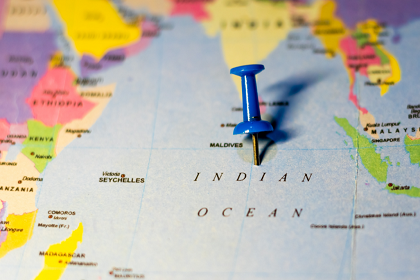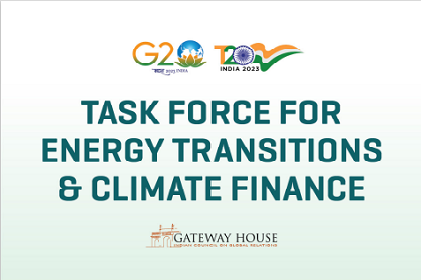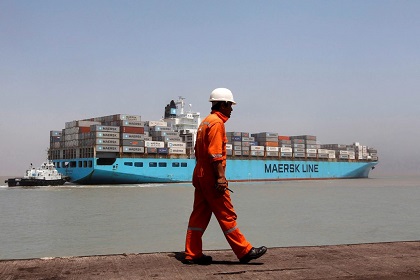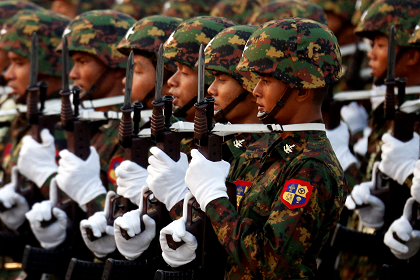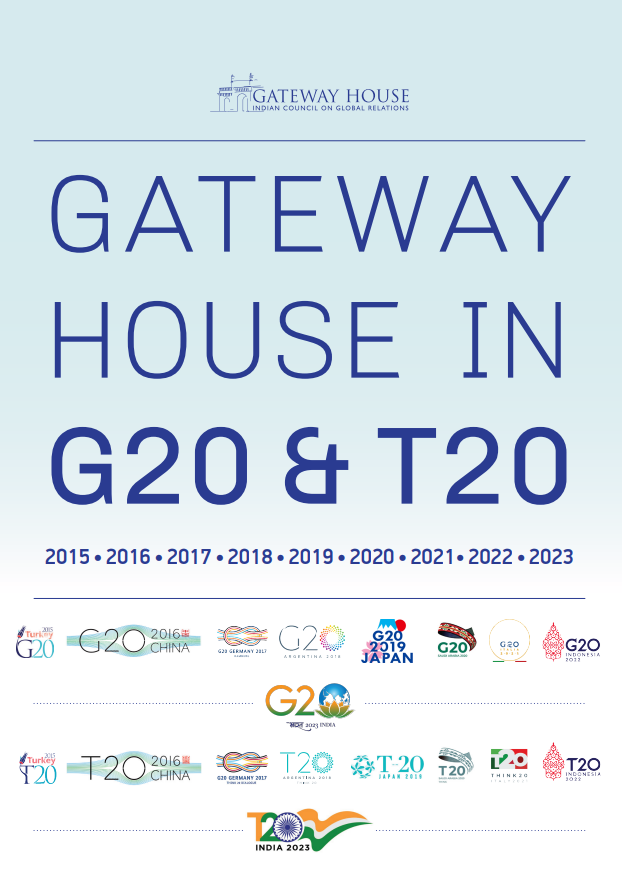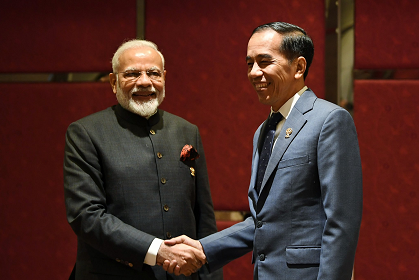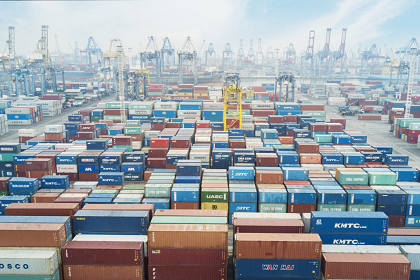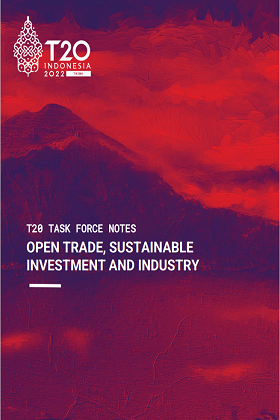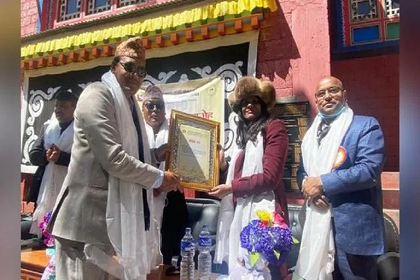Perceptions of Africa’s Role in the Western Indo-Pacific: An Indian Perspective
The Indo-Pacific is viewed by powers within and outside the region as both a strategy and policy to interpret the changing geopolitical dynamics in Asia and beyond. But the question of its geographical and geopolitical definition has varied. Opinions among governments and academics have traditionally differed, but over the years, a viable consensus for a wider definition of the concept seems to have emerged.

